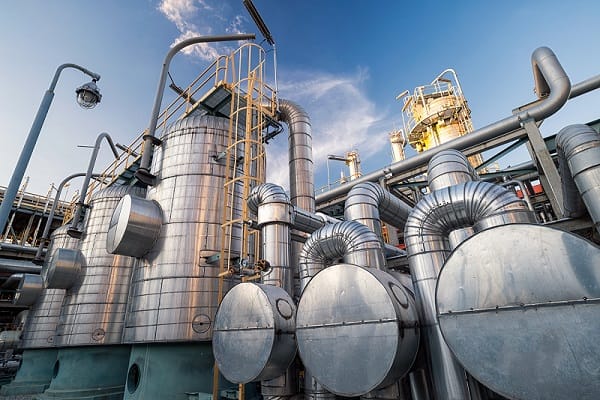
When industrial explosions happen, it’s often without warning – and without an obvious cause, at least initially. An in-depth investigation usually uncovers some failure at some level of the vast industrial infrastructure.
In the case of the Husky oil refinery explosion that shook the Duluth-Superior area last April, it appears to have been an equipment failure. A preliminary report from the official investigation faults a worn valve. Weakened by wear-and-tear, the valve allowed air to flow backward and mix with volatile hydrocarbons, sparking an explosion. The subsequent blaze took firefighters nearly eight hours to extinguish.
The accident injured 11 workers and made national headlines. Yet it could have been much worse. Such explosions, while rare, are often deadly. The Texas City refinery explosion in 2005, for example, killed 15 people and injured nearly 200.
The many hazards of industrial work
Explosions and catastrophic blazes aren’t the only dangers industrial workers face. Far more common are everyday injuries – for example, back strain from heavy lifting, hearing damage from operating loud machinery, or respiratory damage from inhaling toxins. Other hazards include:
- Falls
- Forklift accidents
- Chemical burns
- Electrical accidents
- Respiratory damage
As in other industries, the vast majority of injuries in the oil and gas business are relatively minor. Still, any work-related injury can lead to lost wages and medical bills. Workers’ compensation exists for those situations. It’s a financial safety net for employees and their loved ones. And in the rare yet tragic circumstances of a fatal work accident, family members may also be entitled to death benefits.









